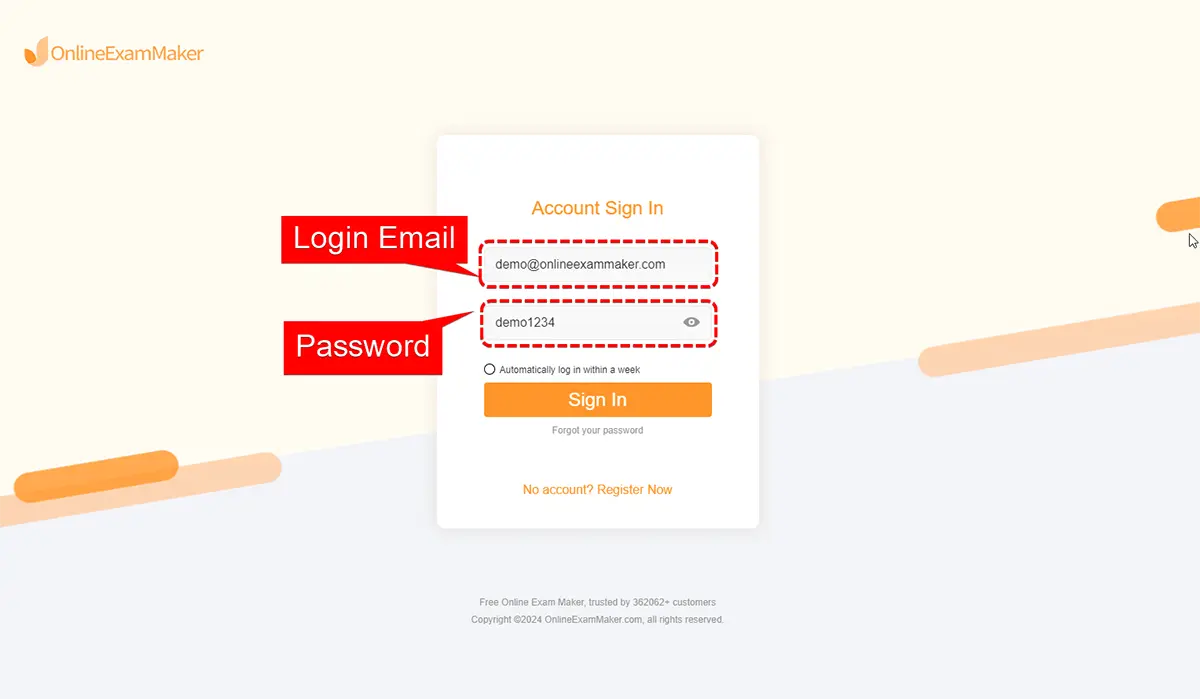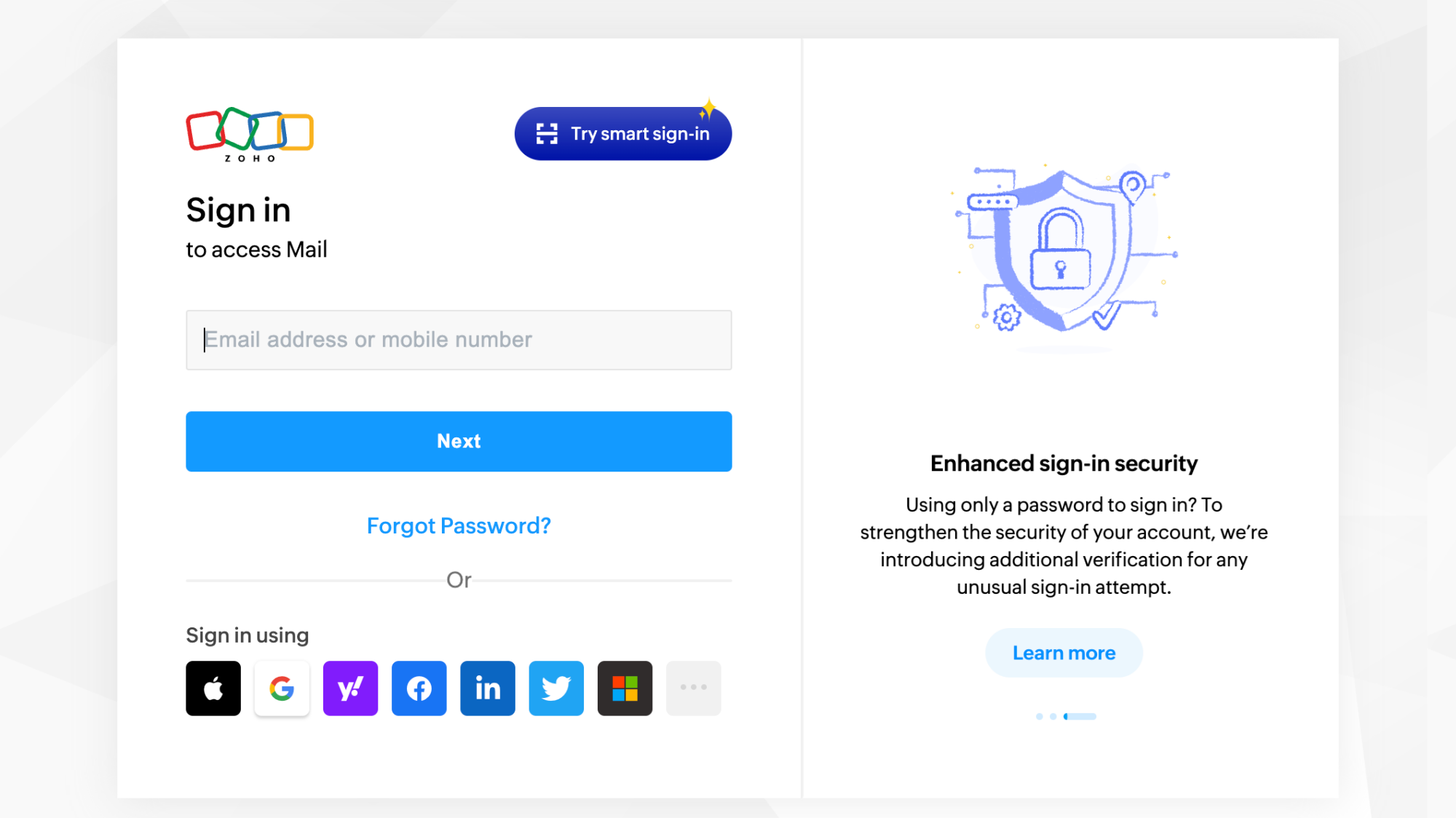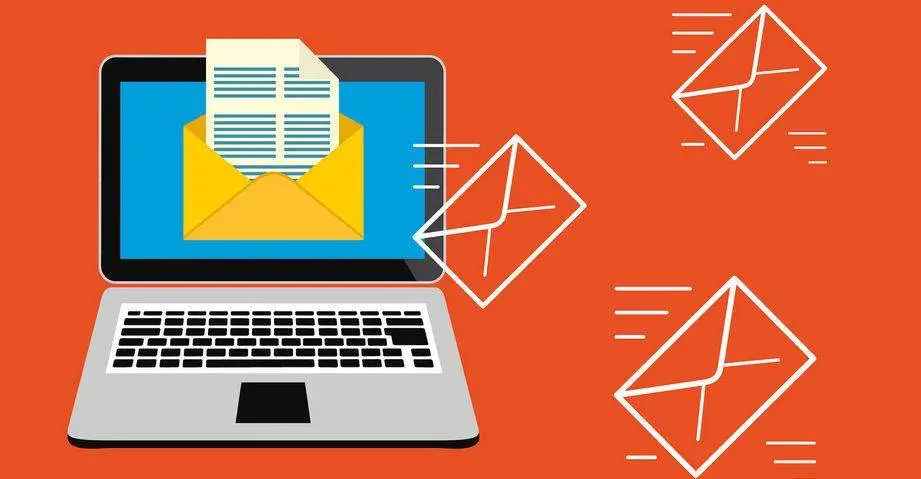The Power of Random Email Addresses: How and Why You Should Use Them
In today’s digital landscape, maintaining privacy and security online is more important than ever. With the increasing number of data breaches, spam, and cyber threats, many people are turning to random email addresses as a tool to protect their personal information. But what exactly is a random email address, and how can it benefit you? In this article, we’ll explore the concept of random email addresses, answer frequently asked questions, and provide actionable tips for effectively using them in your online activities.
What Is a Random Email Address?
A random email address is a temporary, often disposable, email address that can be used for short-term purposes instead of your primary email address. These addresses are generated using random characters, making them difficult to trace back to your real identity. They are typically used for signing up for websites, newsletters, or online services that may require an email address but do not require long-term communication.
Random email addresses are often provided by online services that allow users to create these addresses quickly and easily. These services are becoming increasingly popular as people look for ways to protect their inboxes from spam and maintain their privacy.
Why Use a Random Email Address?
Using a random email address offers several benefits, particularly in today’s digital age where privacy and security are constant concerns. Here’s why you might consider using one:
-
Protecting Your Privacy: When signing up for online services or downloading content, you may not want to share your primary email address. A random email address can help you keep your personal information private and reduce the risk of identity theft.
-
Avoiding Spam: One of the main reasons people use random email addresses is to avoid spam. By using a disposable email address, you can sign up for newsletters, free trials, or contests without worrying about spam cluttering your primary inbox.
-
Enhanced Security: Random email addresses add an extra layer of security, making it harder for hackers to gain access to your primary email account. This is particularly useful when dealing with unfamiliar websites or services.
-
Testing and Verification: If you’re a developer or tester, random email addresses can be useful for creating test accounts or verifying functionality without using real email addresses.
-
Temporary Communication: Sometimes, you may need to provide an email address for a one-time use, such as downloading an eBook or accessing a temporary service. A random email address is perfect for such scenarios.
Frequently Asked Questions About Random Email Addresses
Q1: How do I create a random email address?
Creating a random email address is simple. There are several online services available, such as Temp Mail, Guerrilla Mail, and Mailinator, that allow you to generate a random email address with just a few clicks. These services typically don’t require any registration, and the email addresses are usually active for a limited time, ranging from a few minutes to a few hours.
Q2: Can I receive emails with a random email address?
Yes, most random email address services allow you to receive emails, at least temporarily. This is useful for situations where you need to confirm a registration or receive a download link. However, since these email addresses are temporary, any emails received will only be accessible for a short period before the address is deactivated.
Q3: Is it safe to use a random email address?
Using a random email address is generally safe, especially for short-term purposes. However, you should avoid using these addresses for sensitive or important communications, as they are not meant to be secure or long-term. Always use your primary, secure email address for any personal or sensitive transactions.
Q4: Can I send emails from a random email address?
Most random email address services are designed for receiving emails rather than sending them. However, some services do offer the ability to send emails, but this feature is less common and typically comes with limitations. If you need to send emails from a temporary address, consider using a service that specifically offers this feature.
Q5: Are there any drawbacks to using a random email address?
While random email addresses are convenient and offer enhanced privacy, they do have some limitations:
- Temporary Nature: These addresses are not permanent, so any emails sent to them after they expire will be lost.
- Limited Features: Most random email services are basic, offering limited features compared to a full email account.
- Not Secure for Sensitive Information: Since these addresses are temporary and often publicly accessible, they are not suitable for sending or receiving sensitive information.
How to Make the Most of Random Email Addresses
Using random email addresses effectively requires a bit of strategy. Here are some tips to help you get the most out of them:
-
Use for Non-Critical Sign-Ups: Reserve your random email addresses for non-essential sign-ups, such as newsletters, free trials, or website registrations that you’re unsure about.
-
Combine with a Password Manager: If you frequently use random email addresses, consider combining them with a password manager. This will help you keep track of which email address you used for each service, preventing confusion later on.
-
Monitor Your Inbox: Since random email addresses are temporary, it’s essential to monitor the inbox for any important messages, such as verification emails or download links, before the address expires.
-
Be Cautious with Attachments: Avoid opening attachments or clicking on links in emails received at random addresses, especially if they come from unknown sources. These addresses are more




